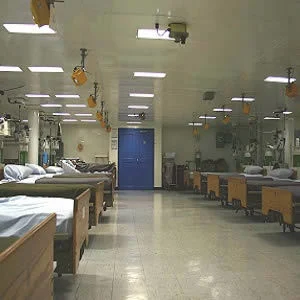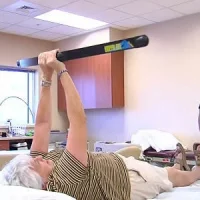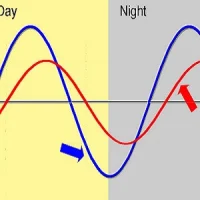A group-based approach to predicting occupancy rates in the ICU was found to perform better than standard regression approaches. Joeri Ruyssinck and colleagues from Ghent University and UZ Ghent, writing in Computational and Mathematical Methods in Medicine, outline a model they have developed to predict bed occupancy over time in an intensive care unit (ICU). The model uses machine learning techniques trained with recorded Sequential Organ Failure Assessment (SOFA) score data collected and calculated from 4098 patients with a stay of 3 days or more at two ICU units of Ghent University Hospital over a time period of four years.
See Also: Better Management of ICU Beds
The researchers link the bed occupancy problem to the domain of survival analysis and propose a predictive model using Random Survival Forests to create individual survival functions that are summed over time to gauge the overall bed occupancy prediction. Their approach is compared to a standard regression approach in which Random Forests (an ensemble of decision trees trained on a training set of labelled data points) are used to predict the length of stay of each patient. Their results show that Random Survival Forests can effectively be used to assist in the occupancy prediction problem. They also include the data to show that an approach based on groups of patients has better performance than when the length of stay of a patient is individually assessed. Their research shows that the respiratory and nervous system SOFA scores together with the number of days the patient has already been admitted are the most important measures and that the information of day 3 of the ICU stay is the most influential.
Image Credit: Wikimedia Commons
References:
Ruyssinck J, van der Herten J, Houthooft R, Ongenae F, Couckuyt I, Gadeyne B, Colpaert K, Decruyenaere J, De Turck F, Dhaene T (2016) Random survival forests for predicting the bed occupancy in the intensive care unit. Comput Math Methods Med, 2016:7087053. Epub 2016 Oct 13.
Latest Articles
Bed Occupancy in the ICU, Group-Based Approach, ICU
A group-based approach to predicting occupancy rates in the ICU was found to perform better than standard regression approaches










